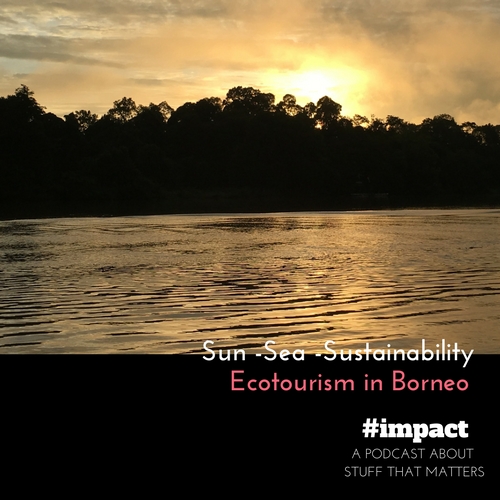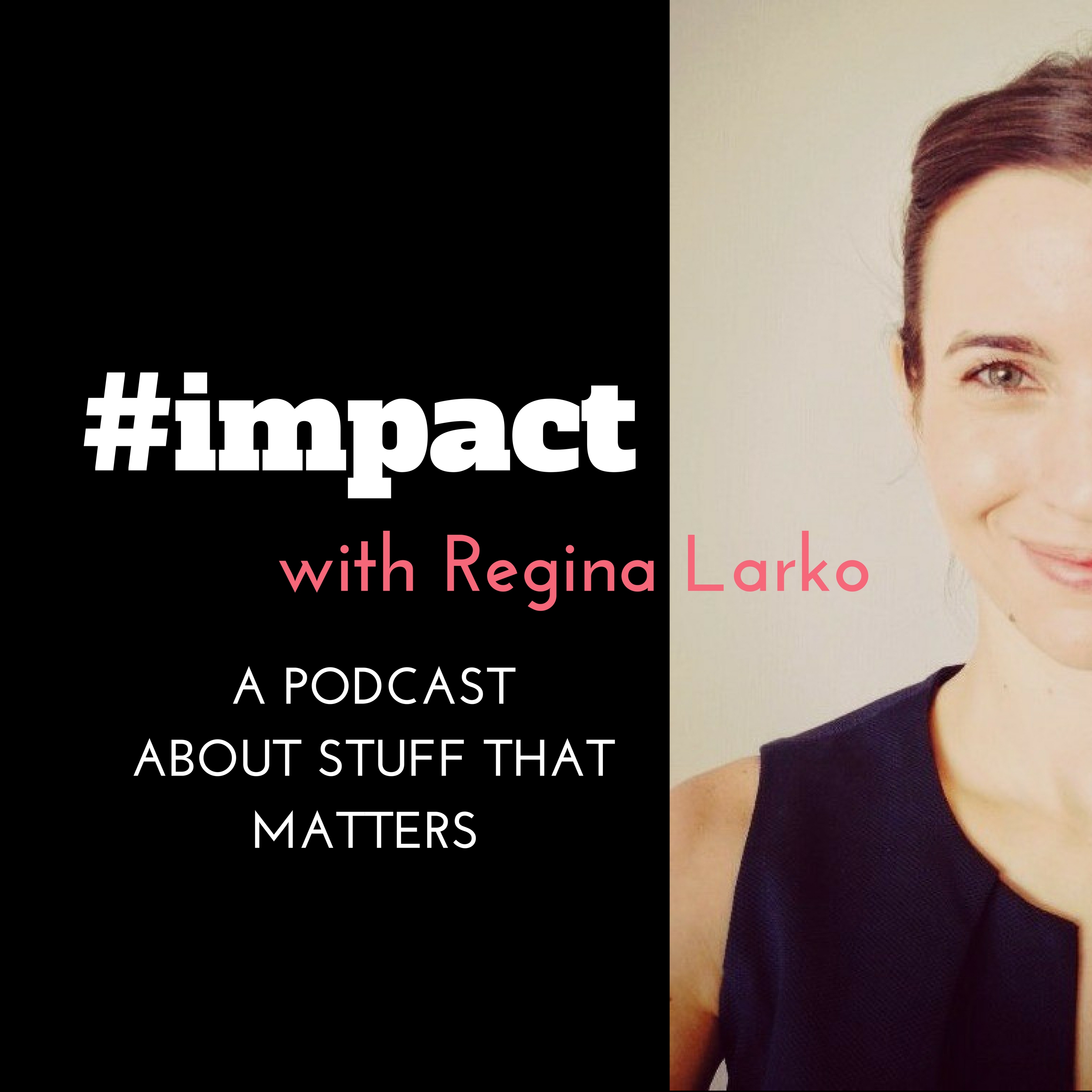Ecotourism makes your next holiday (even more) fun!
A lot of us care about sustainability, the environment and social issues but we don’t have the time or energy to become activists, complete full environmental impact analyses before each purchase, or undertake full-scale lifestyle changes. I have huge admiration for those who do, but for the rest of us, this blog post tries to highlight small, easy, meaningful choices that we can make to do our part for a better world, starting with Ecotourism.
Sun, sea and sustainability
Habitat destruction is the number one threat to most endangered species. Especially in lesser developed countries where short-term economic gains are hard to resist.
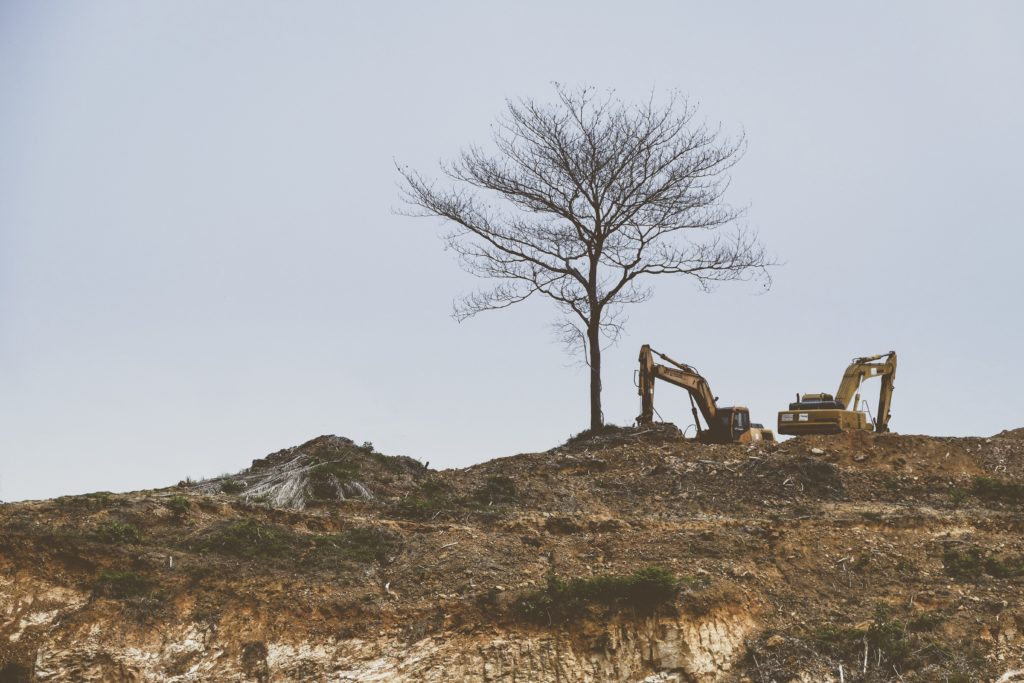
Think about your travel options when you plan your next trip. Habitat destruction is the number one threat to most endangered species.
What can you do about it? Ecotourism.
Travel to wild places. Go diving and trekking. Interact with local communities. Spend your tourist money proving to governments the real economic value of natural habitats and wild animals.
Responsible travel does make an impact.
For three decades, Indonesia caught the most rays and sharks worldwide. Then a study by WildAid and partners demonstrated that manta rays’ contribution to the economy was 2,000 times more alive than dead. In 2014, the government made manta rays a protected species, betting on sustainable marine tourism instead of short-term fishing.
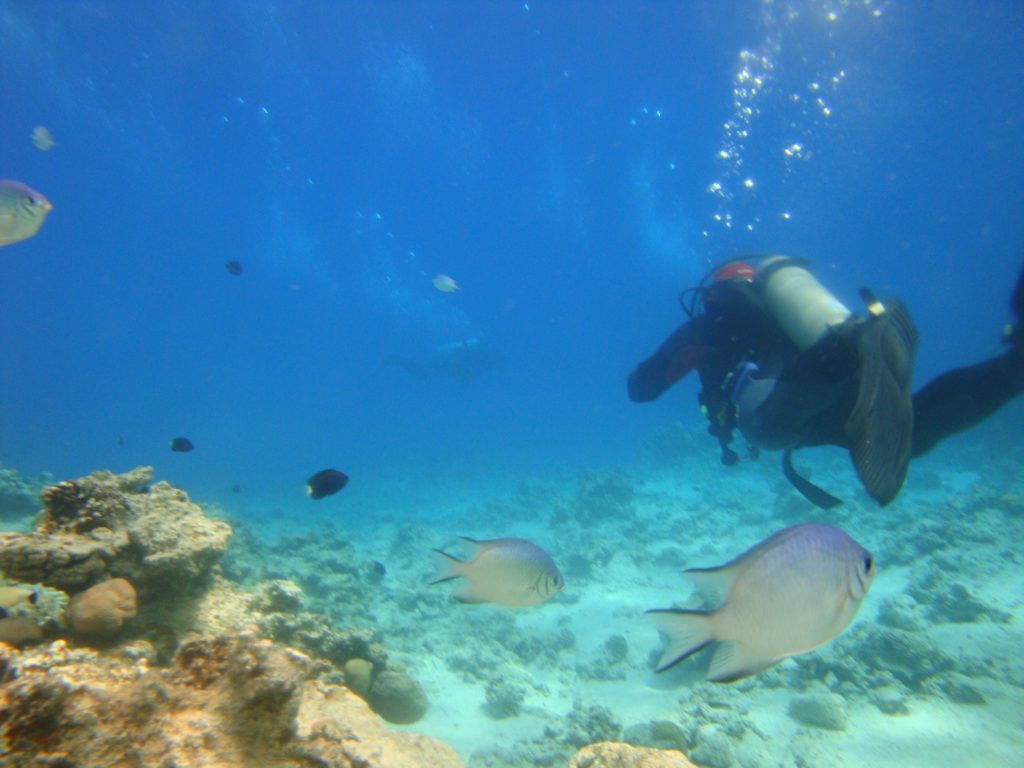
Choose Ecotourism to maximise your positive impact when travelling
Yes, travel increases your carbon footprint, but you’re not ready to sit at home, are you?
So make those carbon emissions count!
Maximise your positive impact by choosing locally-owned hotels, restaurants and tour agencies, ideally businesses that are members of or recognised by international organisations to ensure their green claims are bonafide. Yes, you’ll need to do a bit of research as there’s no one “ecotourism label” yet, but you can start by looking to Earthwatch, Wildlife Alliance, and country-specific organisations in places like Costa Rica and Australia for guidance.
When you find a trustworthy business, don’t keep it to yourself – share, share, share!
Imagine coming back from your next holiday with the perfect tan, Instagram posts full of sunsets and gorgeous meals, and the knowledge that you were actually doing something good at the same time.
Earlier this month, my husband and I travelled to Sabah, in northern Borneo. We chose our two tour agencies with care, both locally owned with sustainability pledges in their T’s and C’s. We wanted our hike up Mt. Kinabalu and our stay to be as eco-friendly as possible.
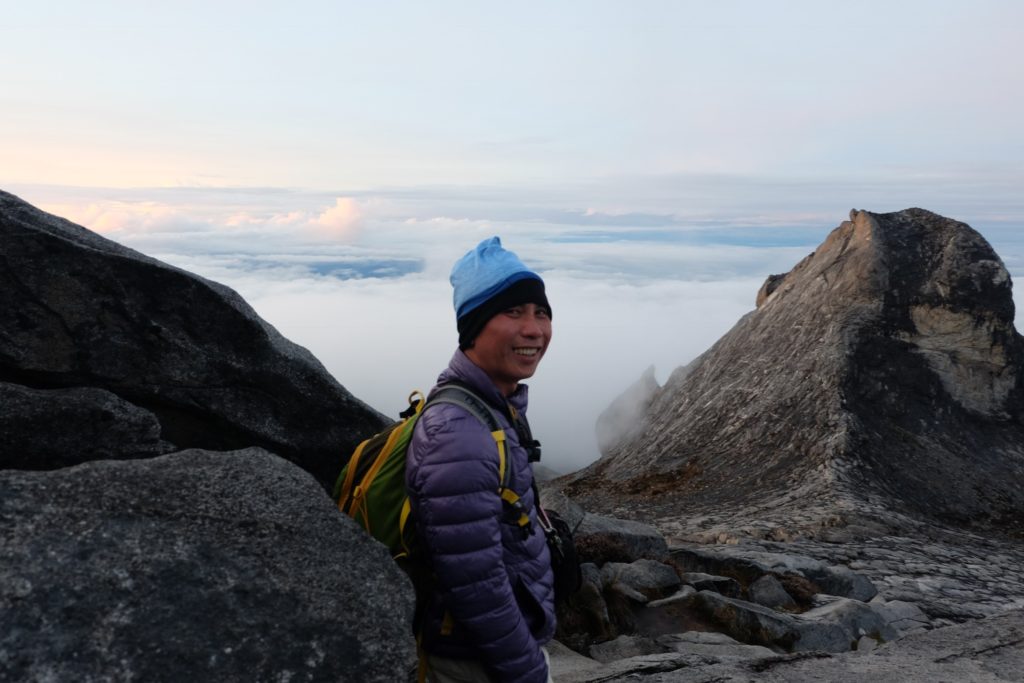
Make better choices when travelling.
Doing your research will pay off – Finding Ecotourism spots in Borneo
Significant numbers of tourists began coming to Sabah to explore the jungles and view orang-utans in the wild back in the late 1980s. It took awhile, but the government has now recognised wildlife’s positive contribution to its economy and, in the early 2000s, both the national and state governments began setting aside protected land and ensuring protected status to animals and plants essential to these rich natural habitats. The Sabah government even runs the orang-utan rehabilitation centre, originally founded by a British expat.
Our stay at Sukau Rainforest Lodge, home base of Borneo Eco Tours, was our most sustainable choice, as we explored the surrounding riverside jungle in boats with efficient petrol motors (electric ones when weaker currents allowed), dined on fish and prawns purchased from the local fishermen, and showered with solar-heated rainwater that was harvested and filtered on site.
I chose it on the strength of its National Geographic recognition and sustainable development goals pledge, but my British husband was more impressed by the claim that “Sir David Attenborough slept here”. Founded in 1995 with a People, Planet, Profit sustainability mindset from the start, the lodge trains and employs local people, runs community educational programmes about conservation and uses green building practices.
The best part – it wasn’t a hardship, there weren’t any tradeoffs. Those solar-powered showers were always warm, massages were available with a forest view, and the bar staff made a mean margarita.
So go, get out there.
The joy of watching a wild orang-utan swing from tree to tree or a turtle nibble on coral is just indescribable. A little back-to-nature wildness is good for the soul.
For more information, please visit www.borneoecotours.com and www.amazingborneo.com. No promotional consideration was provided by any of the organisations mentioned.
About the author: Amanda Williams joined #impact Podcast to help promote the social innovation sector and celebrate entrepreneurs that make an impact. She arrived in Hong Kong from the UK where she worked in innovation and impact investing. She’s now involved in Hong Kong’s B Corp movement and growing start-up scene. Get in touch with Amanda at amanda@hashtagimpact.com
